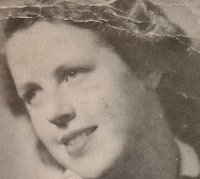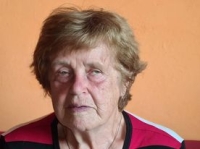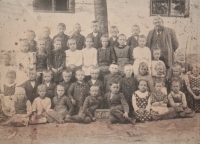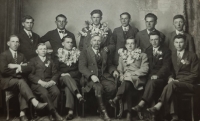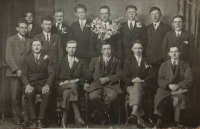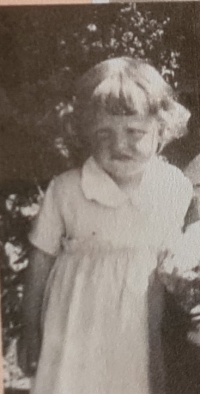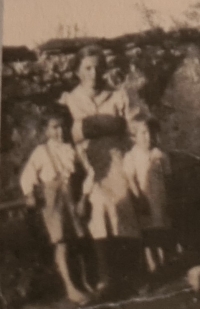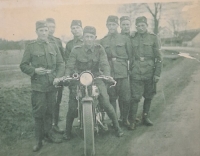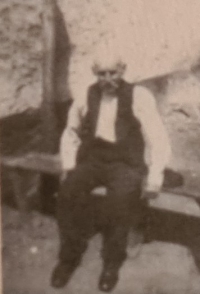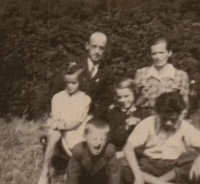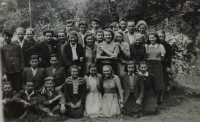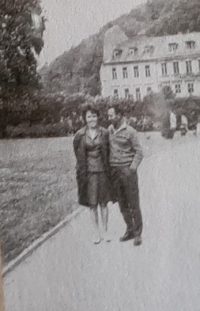I do not like injustice, so I wrote to the Minister
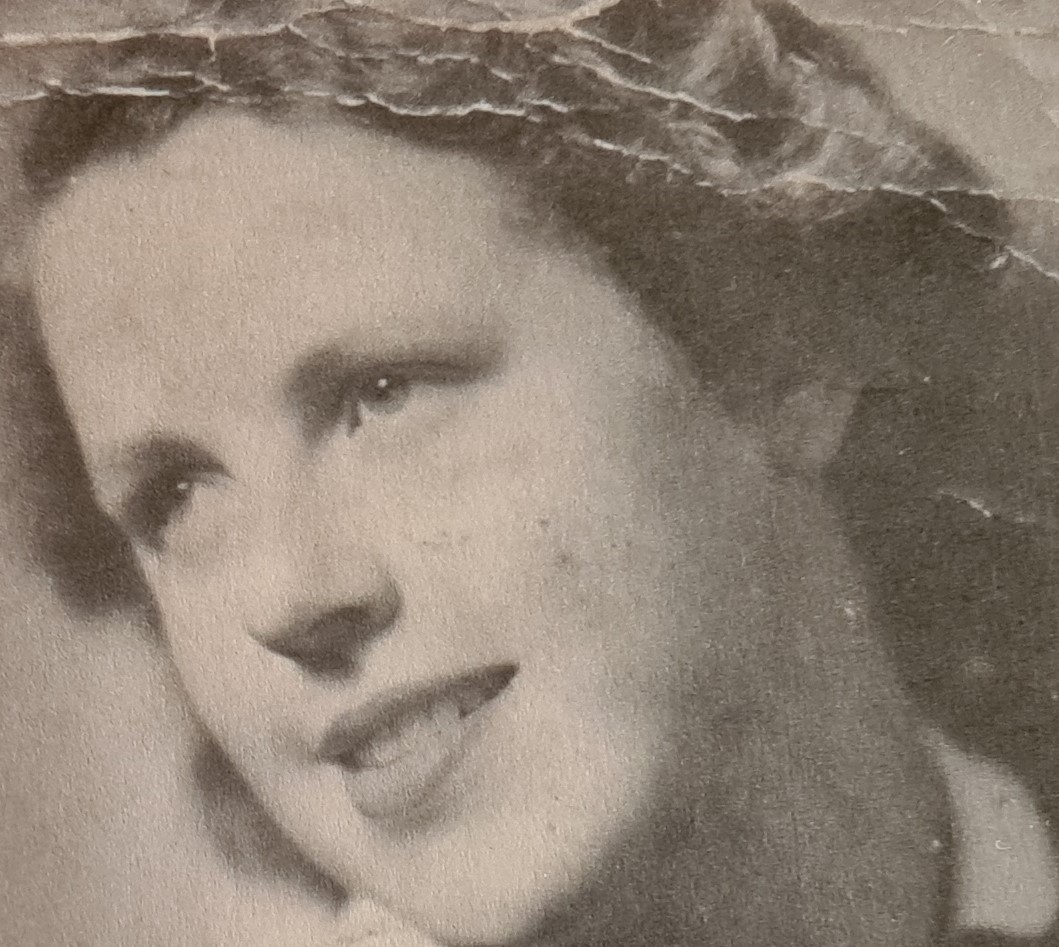
Download image
Marie Sýkorová, née Táborská, was born on August 6, 1936, in Stříbřec, where she spent her entire childhood. During World War II, she witnessed a firefight between American and German aircraft and saw a German fighter jet being shot down. The wreckage of the plane landed near her. In the spring of 1945, she experienced the aggression of German youth from the Hitlerjugend housed in a local school. At the end of the war, during the retreat of the Wehrmacht, her father defended a strategically placed bridge to prevent its destruction and allow the Red Army to cross. She witnessed the withdrawal of the German army and the arrest of German prisoners and the subsequent arrival of Soviet soldiers in the village. In 1951, she observed the confiscation of her neighbours’ property, land and livestock as part of the forcible collectivization of agriculture. At that time, she wrote a letter to the Minister of Agriculture, Július Ďuriš, saying that she did not agree with it. In 1955, she married Jan Sýkora and together they raised three children. In 1968, they lived in the military district of Boletice, where they had an apartment and experienced the invasion of Warsaw Pact troops. In 2021, Marie Sýkorová lived in Chvalšiny.
